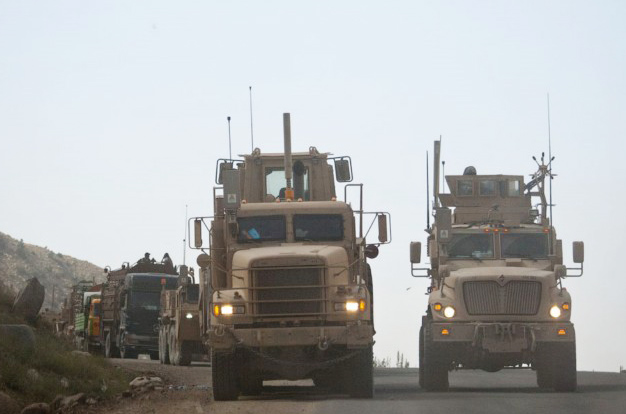Azerbaijan, Baku, June 16 / Trend E. Kosolapova/
After the withdrawal of the U.S. and NATO troops from Afghanistan in 2014, the military equipment used by International Security Assistance Force (ISAF) may be transferred to Central Asian countries, Asia-Plus reported referring to Kommersant newspaper.
The Pentagon is negotiating on this issue with the authorities of Kyrgyzstan, Tajikistan and Uzbekistan.
Some weapons will be transferred to these countries free of charge and some - for safekeeping. Moreover, the U.S. is negotiating on a possibility of transferring medical equipment, communications and fire fighting equipment, as well as devices for the military personal (including mobile gyms) to these countries.
A source in the Kyrgyz Defense Ministry confirmed the information about ongoing negotiations with Pentagon. According to the source, for the first time this issue was raised within the meeting of U.S. Secretary of Defense Leon Panetta with his Kyrgyz counterpart Talaibek Omuraliev in March.
Meanwhile, Afghanistan is trying to persuade the U.S. commanders to leave the maximum amount of equipment for their national army and police, Afghan President's administration told the newspaper.
According to Russian diplomats, transfer of NATO troops to Central Asian countries contradicts the agreements within the Collective Security Treaty Organization (CSTO). In December the leaders of the CSTO which include Russia, Armenia, Belarus, Kazakhstan, Kyrgyzstan, Tajikistan and Uzbekistan agreed that the military bases of third countries can be placed on the territory of the organization's participants only following consent of all participants.






